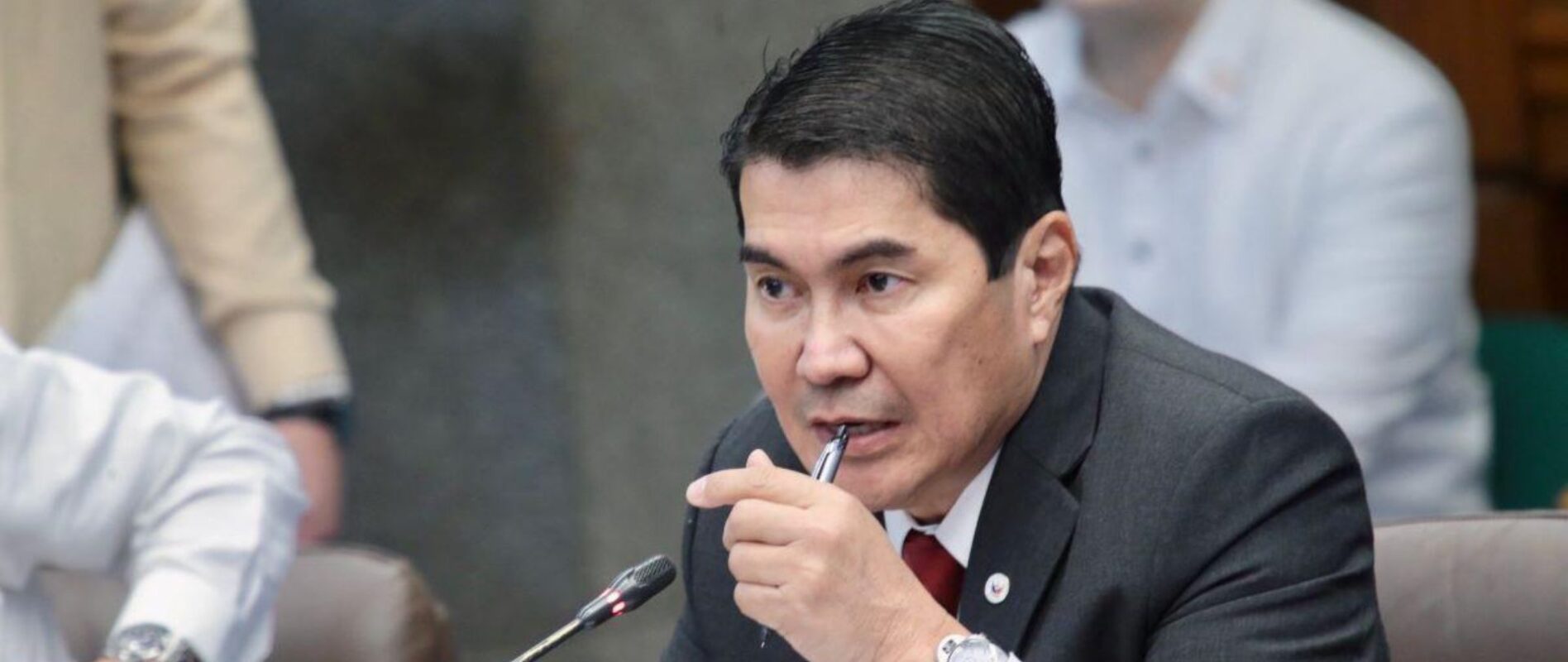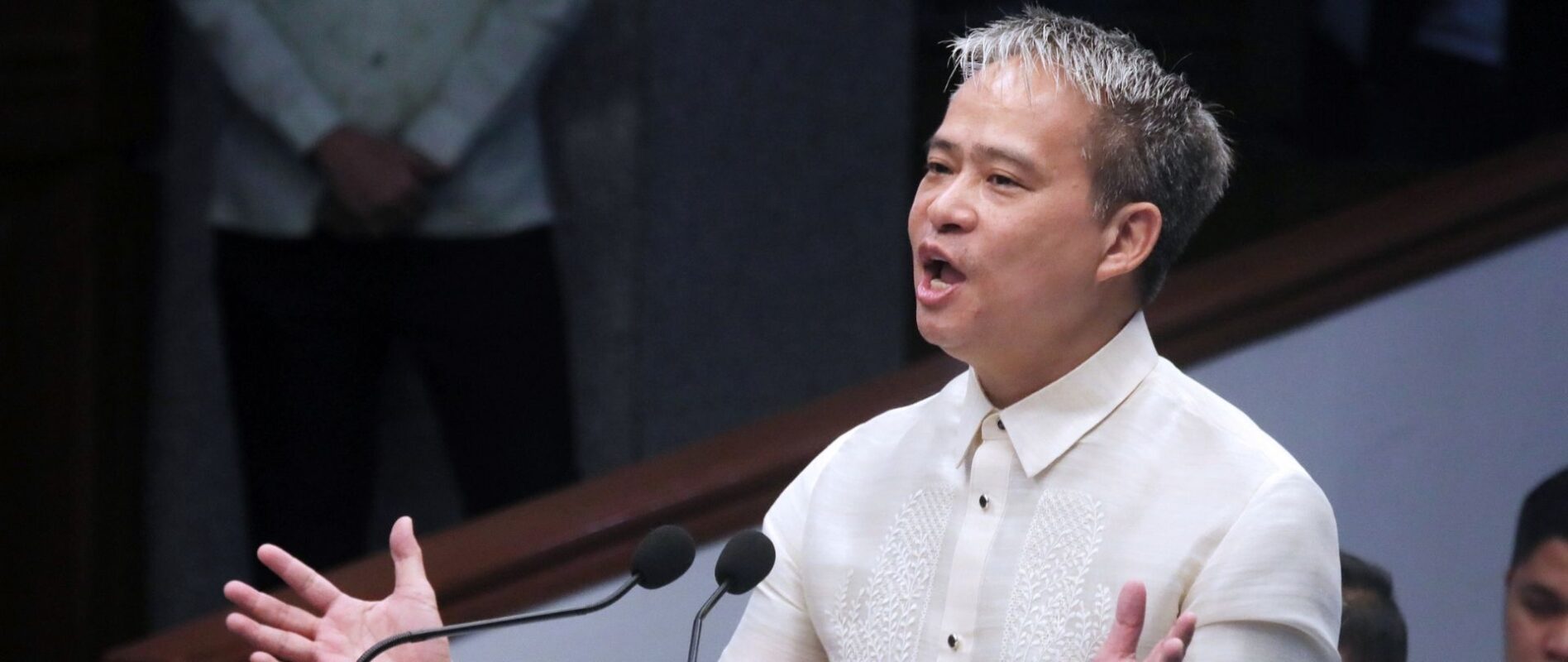SENATOR LAUDS NEW LAW BOOSTING CARE, EDUCATION FOR YOUNG CHILDREN
SENATOR Alan Peter Cayetano welcomed the signing of a new law aimed at strengthening early childhood care and development, emphasizing that investing in the early years is crucial to shaping the country’s future.
“The highest return on investment is in early childhood,” Cayetano said. “By focusing our efforts on the formative years, we lay a solid foundation for our children’s future—and consequently, for our nation’s progress,” he added.
Signed by President Ferdinand Marcos Jr. on May 9, Republic Act No. 12199 or the Early Childhood Care and Development System Act addresses key gaps identified in the Second Congressional Commission on Education’s Year Two report.
Under the law, local government units will serve as the main implementers of Early Childhood Care and Development (ECCD) programs tailored to local needs, with funding from the Local Government Support Fund.
The law aims to reduce child mortality, promote holistic child development, prepare young learners for formal education, and provide early intervention for children with special needs.
Cayetano, who co-chairs EDCOM 2 and is a longtime advocate of anti-stunting initiatives, has repeatedly warned of the long-term impact of poor early childhood care on Filipino children’s learning outcomes.
“Unlike malnutrition, where a child may recover with proper intervention, stunting is often permanent,” he explained. “Aanhin natin ang P6 trillion national budget kung one-third of our young population is unable to grow properly and succeed?” he stressed.
The EDCOM 2 report underscores that early care and education are pivotal in shaping a child’s development. For instance, preschool attendance significantly boosts literacy and math scores by Grade 3.
However, the sector remains underfunded. According to EDCOM, only 84 percent of Filipino children have access to at least one year of pre-primary education—short of the ideal 94 percent. Moreover, of the 240,000 ECCD professionals needed, only 6,788 are currently accredited.
The report also revealed that just 25 percent of children meet the Recommended Energy Intake, with one in three children under five stunted.
“Whatever we do now is what we will see in 2035, 2045, and 2050. This law is a significant step toward securing a better future for generations to come,” Cayetano said.














